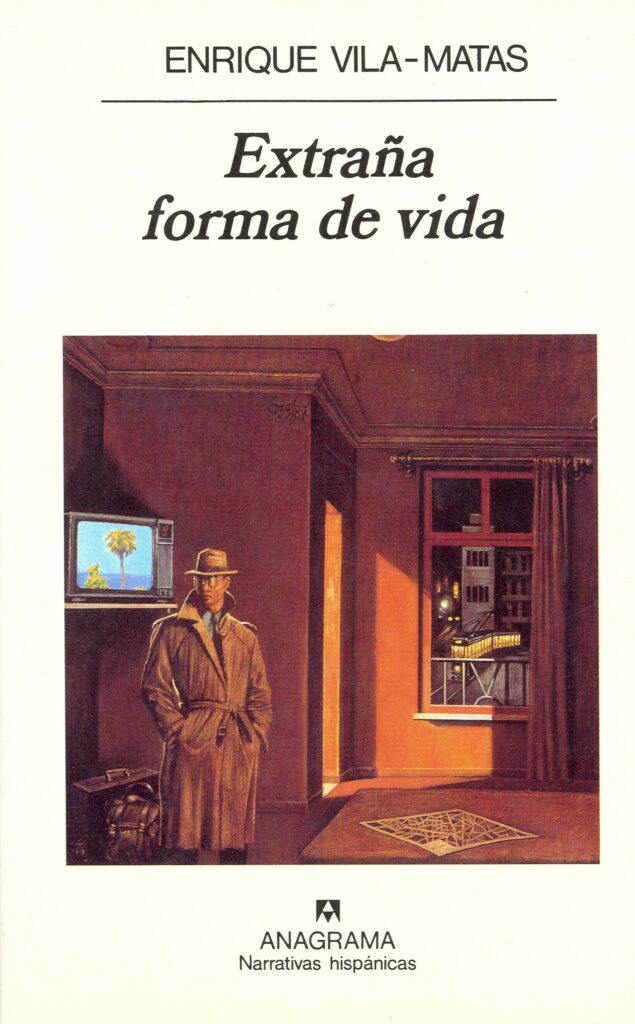
Extraña forma de vida
Strange Way of Life | Anagrama, 1997; PRH/DeBolsillo, 2013

Strange Way of Life | Anagrama, 1997; PRH/DeBolsillo, 2013
© 2022, MB Agencia Literaria
All rights reserved
© for the illustrations: Luci Gutiérrez
© for the design: César Muñoz